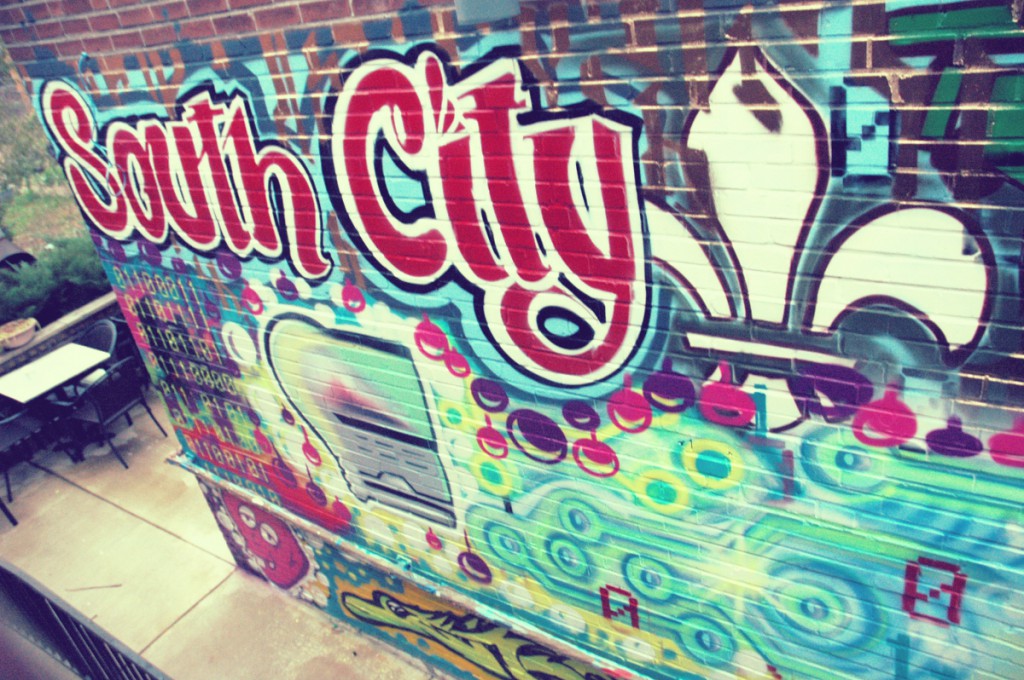Mission, overarching philosophy,
& FRAME
CHANGE, INC.
OVERARCHING PHILOSOPHY & CONCEPTUAL FRAME
ABOUT PAIN & SUFFERING

Pain and suffering exists in the world to the degree that most of us have joined the helping professions because we feel compelled to act, especially in light of our own wounds. Yet, rarely do we stop to ask in a more global sense, “What is an appropriate response to pain and suffering, both our own and that of our clients/the world?” Without asking this question, we will tend to resolve/fix people, and/or resolve/fix their most immediate crises without helping them to deconstruct and interrupt the larger patterns, ironically binding them to the problem henceforward. This is erroneous primarily because “We shouldn’t try to get rid of our own pain until we’ve learned what it has to teach. When we can hold our pain consciously and trustfully (and not project it elsewhere), we find ourselves in a very special liminal space. Here we are open to learning and breaking through to a much deeper level of…consciousness” (Rohr, 2016, 199). As such, at Change, Inc., the purpose of counseling is not to simply resolve pain and suffering, but to help ourselves and our clients develop a tolerance for its inevitability, ultimately with the goal of learning from it and transforming it into the essence of our lived experience and being.
ABOUT our MOTIVES FOR BECOMING COUNSELORS

Counselors typically become counselors as an outgrowth of their own wounds. Most often, these wounds “involve lingering struggles with early loss or unfulfilled narcissistic needs for recognition and approval (Barnett, 2007; Kuchuck, 2014)” (Kottler, 2017). While we may become healed, enlightened, integrated, highly-functional individuals, this is in no way guaranteed, and many counselors are still actively dysfunctional, impaired, and at times, pathological in part or in whole. As such, at Change, Inc., self-evaluation, as well as personal and professional growth is ongoing, emphasized in the ways we engage continuing education opportunities and group experiences.
About the Central Role of the Person of the Counselor in Treatment

“The person of the counselor is the primary instrument of diagnosis and treatment. It is through the clarity and stability of our own personal functioning that we work to establish and maintain meaningful connections with our clients, free of biases, distortions, and self-indulgence” (Neace & Kottler, 2017). As such, at Change, Inc., the primary emphasis around clinical fitness in supervision and the overarching environment is on the psychological wellbeing and growth of the person of the counselor (as opposed to exclusively the “professional” per se).
About the Central Role of the Therapeutic Bond in Treatment

Research consistently indicates that the single-biggest predictor of success in counseling is the therapeutic alliance (Lynch, 2012), defined by Teyber &
Teyber (2011) as a partnership where both counselor and client agree on shared goals, work together on tasks designed to bring a positive outcome, and establish a relationship built on trust, acceptance, and empathy. What’s
more, research shows that more experience, more developmental progression, older age, or particular therapeutic framework do not correlate to clients’ reported experiences of building that critical alliance (Hersoug, Høglend, Monsen, Havik, 2011). In short, relationship is paramount. This is intended to be emphasized in strong contradiction to narratives which would suggest success in counseling is primarily a function of fidelity to a particular theoretical orientation. On the contrary, research has shown that most therapeutic approaches have equal efficacy (though some approaches are better or less suited to certain situations/conditions) (Lilienfield & Arkowitz, 2012). As such, at Change, Inc., the primary emphasis in our clinical work, our growth as individuals, and our growth as a team, is relationship and rapport.
About The Importance of Team and Environment in the Life of the Counselor

There are a variety of work settings in the helping professions including publicly funded agencies, in-patient/residential treatment centers, medical facilities, schools/universities, in-home, spiritual/religious facilities, and more. Anyone who has worked in any of these settings can attest that each has a particular dysfunction, but common among far too many is a dysfunction of “team.” i.e., There is often little or no espirit de corp, camaraderie, and/or real intimacy. These realities are devastating to counselors in particular because of the bi-directional nature of our own wounds and our charge to care for the wounds of others. It is in the context of relationships that we are hurt, and in that same context we may heal. As such, at Change, Inc., we endeavor to foster a healthy, vibrant sense of “team” with whom we can be healthily vulnerable, risk-taking, and supported because we believe it is critical to a healthy therapeutic environment.
About SOUND BUSINESS PRACTICE

Counselor education programs aim to provide counselors-in-training with the beginnings of the necessary clinical, professional, and personal skillsets required for successful careers as counselors. Yet, current educational standards within programs do not generally require that students complete coursework in the business-related aspects of professional counseling (CACREP, 2016). Ironically, more practitioners are currently in private practice than any other single sector of our workforce (ACA, 2014). It is not surprising that many counseling practices are among the more than half of US small businesses which fail in 4 years or less (Knaup & Piazza, 2007). To avoid this pitfall, it is essential that practices “must balance other considerations with the practical concerns of fiscal management” (Baker, Smith, & Sharpe, 2016, p.136). As such, at Change, Inc., we endeavor to embody thorough, reasonable, and successful business methods in keeping with the generally accept standards of excellence that one would expect to find at any other successful business in any other discipline.
Message Us at contact@changeincorporated.org
Or use the form below — there’s no pressure.
Call Us
(314) 669-6242
ST. LOUIS COunseling Locations
NOW IN ONE EXPANDED & IMPROVED LOCATION TO SERVE YOU BETTER!
Change, Inc. South Hampton & 44:
3460 Hampton Avenue, Suite 204
St. Louis, MO 63139
PHONE/EMAIL HOURS:
Monday through Friday // 9a to 3p
Saturday // 12p to 3p
Contacts received before 3pm:
- returned the same business day
Contacts received after 3pm or on the Sundays:
- returned the next business day
314-669-6242 / 877-5-CHANGE (524-2643)
contact@changeincorporated.org
COUNSELING HOURS
7 DAYS PER WEEK:
10am to 9pm





